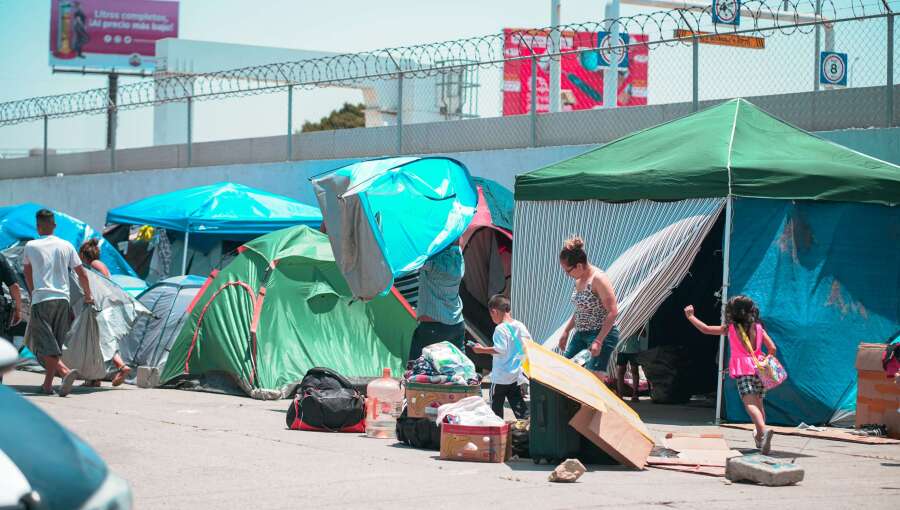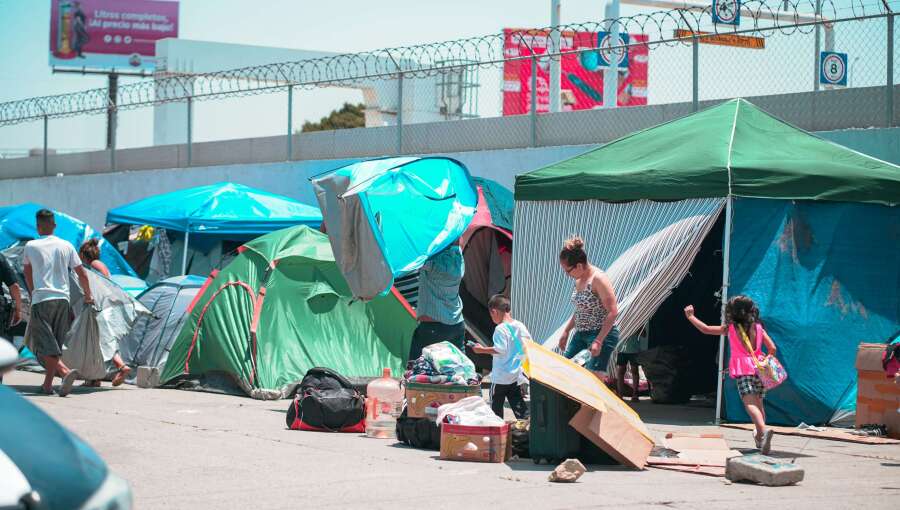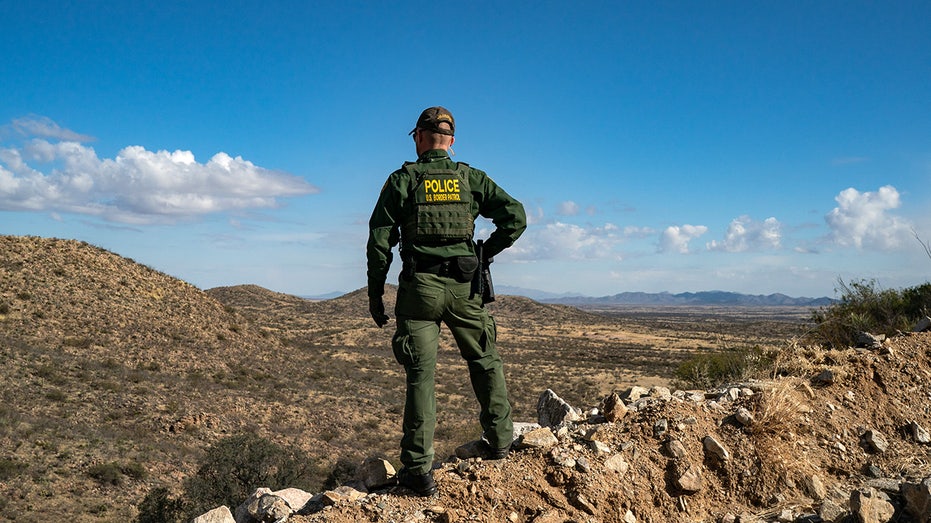
Mexican Cartels Deploy Explosive Drones to Target U.S. Border Agents Amid Increased Security Measures
By [Your Name]
Date: [Today’s Date]
Alarming New Tactics from Drug Cartels
Mexican drug cartels are raising the stakes in their ongoing conflict with U.S. law enforcement by reportedly instructing their members to deploy explosive-laden drones against U.S. Border Patrol agents. This shift in tactics is viewed as a direct response to heightened border security measures that were instituted under the Trump administration. An internal memo, labeled “Officer Safety Alert,” was circulated to warn agents of this alarming development.
The memo, as reported by the *New York Post*, indicates a significant escalation in cartel operations, urging agents to remain vigilant, wear ballistic armor, and carry long firearms due to the increasing dangers they face. “On February 1, 2025, the El Paso Sector Intelligence and Operations Center (EPT-IOC) received intelligence indicating that cartel leaders authorized the use of drones equipped with explosives against U.S. Border Patrol agents and U.S. military personnel stationed along the U.S.-Mexico border,” the memo elaborated.
Dangers Amplified by Social Media
The alarming trend does not stop with drones. According to reports from News Nation, cartels are exploiting social media platforms such as TikTok to incite violence against border personnel and Immigration and Customs Enforcement (ICE) agents. Content has surfaced promoting acts of aggression, including urging individuals to spit and urinate on ICE officers and defile their vehicles. This disturbing use of social media to rally support for violent actions against law enforcement personnel further complicates an already fraught situation at the border.
Recent Violent Confrontations
The tension at the southern border has recently boiled over into violence. Just last week, Border Patrol agents near Fronton, Texas, were subjected to gunfire from cartel members on the Mexican side. This incident serves as a stark demonstration of the ongoing risks faced by law enforcement in the area. After the shooting, the assailants reportedly sought refuge on an island between the two nations, indicating their precarious position amid increasing military pressure from Mexico.
The internal memo reiterated that cartel operations, specifically those involving the trafficking of drugs and humans, are being significantly disrupted due to a bolstered U.S. presence along the border. The cartels, feeling the pinch of enhanced enforcement, are responding with increasingly aggressive tactics to protect their illicit enterprises.
Proposals to Combat Cartel Violence
In response to the escalating conflict, some U.S. lawmakers, like Republican Senator Mike Lee from Utah, have proposed unconventional solutions to combat cartel operations effectively. One notable proposal involves issuing “letters of marque and reprisal” to private security firms or specially trained civilians. This measure would allow these private entities to engage in actions against cartel activities such as drug trafficking and human smuggling.
In a post on social media platform X (formerly known as Twitter), Lee argued for congressional authorization allowing private parties to disrupt cartel supply chains, target high-value individuals within these organizations, and seize assets like cash and vehicles involved in criminal operations. He posited that this approach could reduce the financial burden on American taxpayers, as private operatives would be compensated through a share of the seized assets.
The Broader Context of Increased Security
This internal warning comes amid a context of increasingly rigorous border security measures enacted under the previous administration. Strategies have included more aggressive deportation raids focused on illegal immigrants with criminal histories and collaborative efforts with Mexico to deploy military personnel on their border side. As U.S. enforcement actions intensify, Mexican cartels are increasingly pressured, provoking them to adopt more radical strategies in their operations.
The implications of this evolving strategy are profound, highlighting the complex and dangerous environment faced by U.S. Border Patrol agents and other law enforcement officials who are charged with safeguarding national security at the southern border. The growing use of explosive drones and calls for direct violence is not only a troubling sign of changing cartel tactics but also marks a significant new chapter in the protracted struggle between U.S. enforcement agencies and powerful drug cartels operating across the border.
This rewritten article maintains a journalistic style, provides additional context, and organizes the information into sections while adhering to the requested word count and formatting.


















